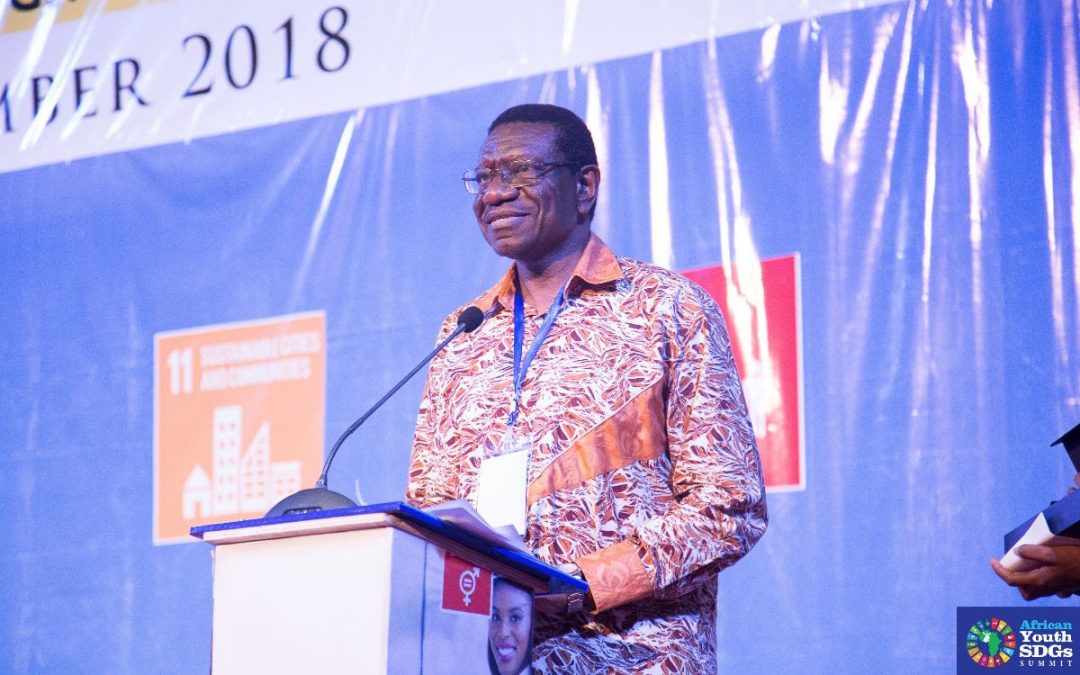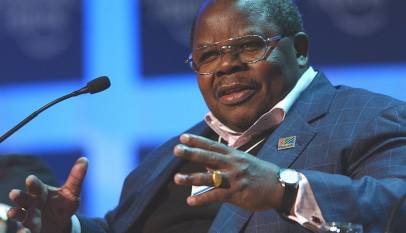Africa Day 2019: CAFOR seeks improved education quality for young Africans
In a message commemorating the 2019 Africa Day, the Coalition on Media and Education for Development Africa Forum (CAFOR), a non-profit dedicated to ensuring that education systems in Africa are relevant to the labor market, has sued for improved access to quality education on the continent.

In a statement signed by its executive director, Lawalley Cole, CAFOR observed that Africa would witness an inevitable growth in its working-age population and consequently emerge with the most significant number of young people on earth. Africa is currently experiencing a demographic boom with its population expected to double (reach 2.8 billion), by 2050.
“A critical area that needs addressing lies in the education and training system design and regulation as well as the philosophies behind them. Ideally, Africa must aim to plan for tomorrow’s jobs while dealing with today’s challenges, including jobless growth. According to the ILO [International Labour Organisation], we are not providing the skills needed in Africa now. The paradox is that the African continent currently has its most educated generation, although we may [have to] contend with the fact that the skills that are needed now will not be necessarily relevant in the future,” said the statement.
“With a life-long learning culture, diversification can always be possible, and transformation can take place that can make labour employable. The private sector must take its rightful place in all of this as it is key to establishing mechanisms that can ensure that continued training and learning are practicable. In Africa, we need to transition progressively to more complex and high skilled occupations. We must improve the quality of the skills of the African workforce first.”
Cole however lamented that African youths were faced with numerous challenges which included high levels of unemployment and underemployment, warning that this negative trend was likely to continue for some time. “High rates of unemployment and underemployment among young people coupled with poverty, social instability and to some extent extremism are expected to continue.”
UN and IMF figures indicate that the African continent’s current average growth rate is around 2.7%, higher than the 2.3% growth rate of 2017, with six of the top 10 fastest growing economies in the world being on the continent. The IMF projects that Africa’s growth prospect will be among the highest between 2019 and 2023.











